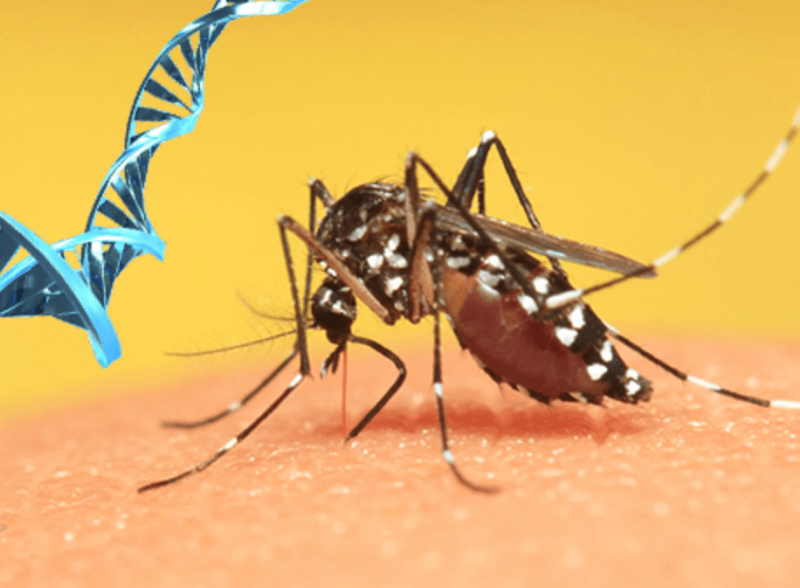Wisconsin’s ubiquitous mosquitoes, it turns out, aren’t taking social distancing to heart at all. Sitting on the deck, browsing the laptop and slapping at the whiny assailants, I came across the story about genetically modified mosquitoes that scientists are getting ready to release by the millions into Florida and Texas.
You read that right: They’re going to add mosquitoes. But these particular mosquitoes, they say, will reduce mosquito populations and associated viruses like Zika and West Nile. These mosquitoes’ DNA has been altered so when they mingle with wild mosquitoes, their offspring will die young.
…
The genetically modified mosquitoes are all male….The idea is that these male Franken-mosquitoes will mate with regular female mosquitoes, effectively dooming future mosquito generations.
…
The project has been approved by the [EPA], but some activists are fighting it….Every other species on Earth combined doesn’t come close to the havoc these disease-spreading little vampires have wrought against humanity, even throwing in woolly mammoths and saber-toothed tigers. The type of mosquito being targeted (Aedes aegypti) is an invasive species that wasn’t supposed to be in the U.S. in the first place.
Nature is crazy-beautiful….But the back-to-nature crowd tends to forget that “nature” isn’t some benevolent caretaker that keeps our best interests at heart — that nature is full of mindless dangers that science can and should confront.































